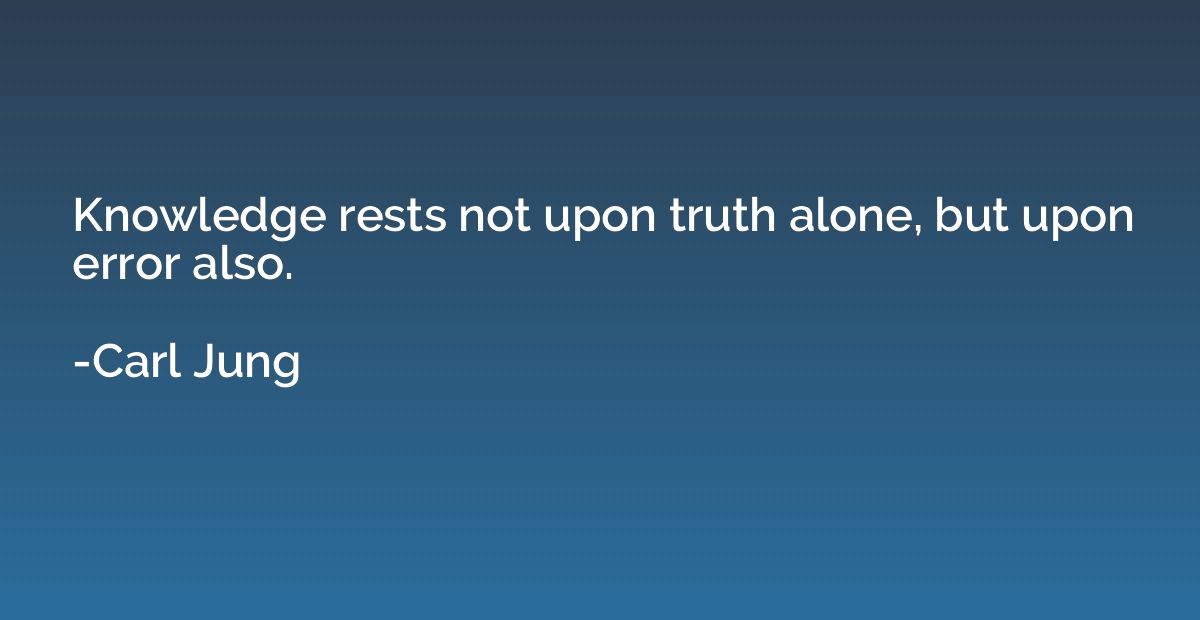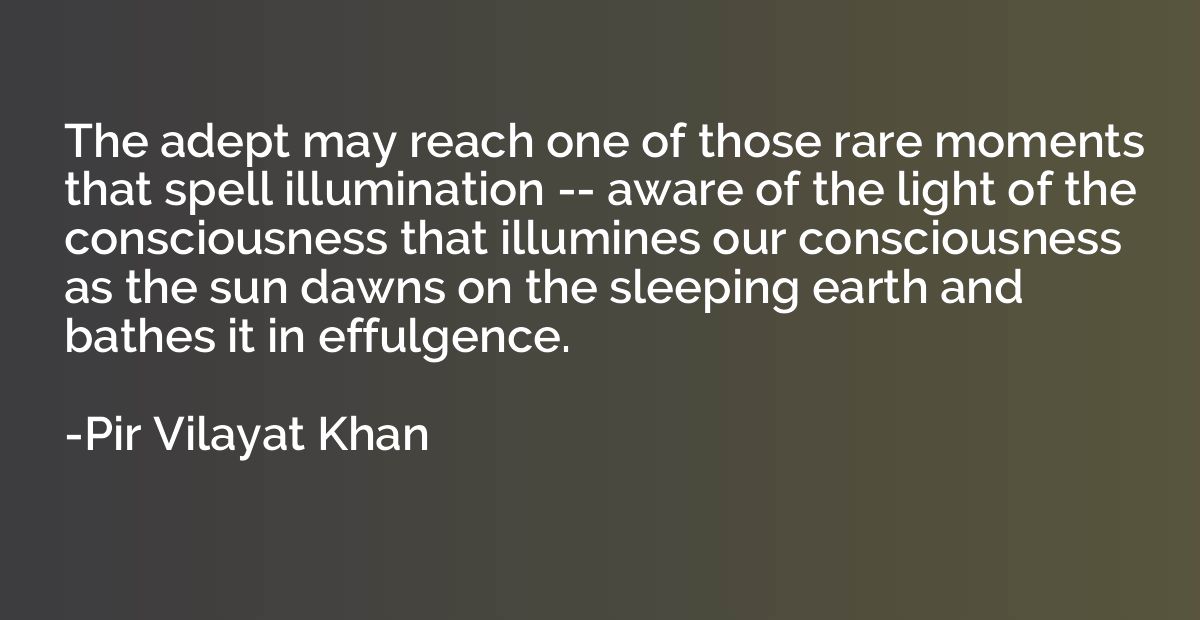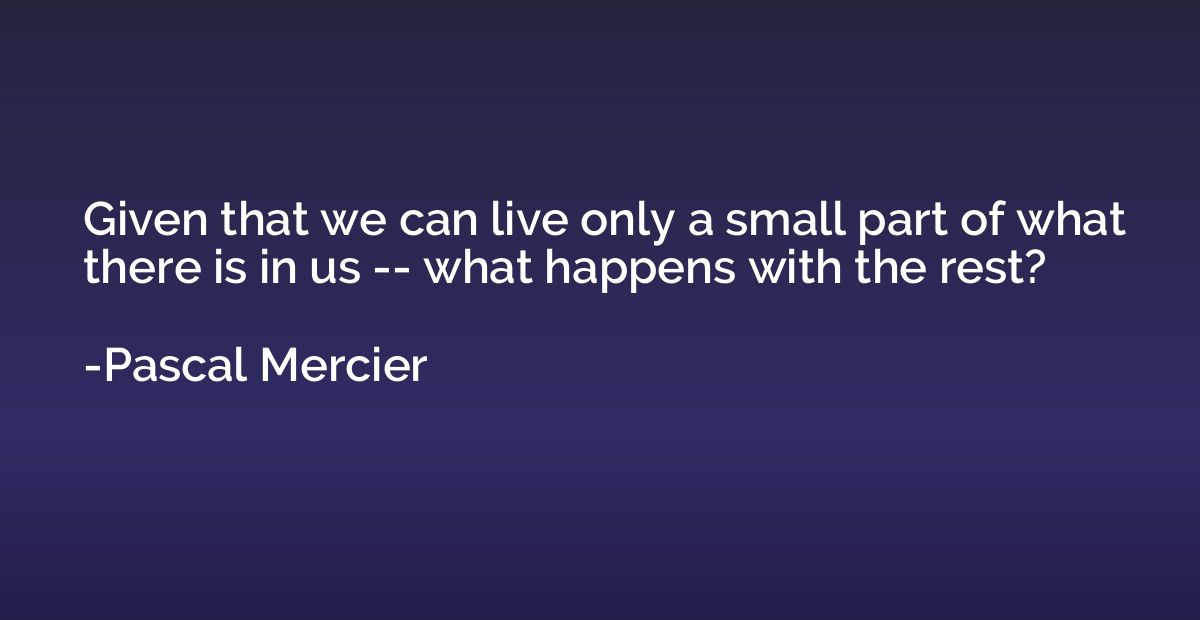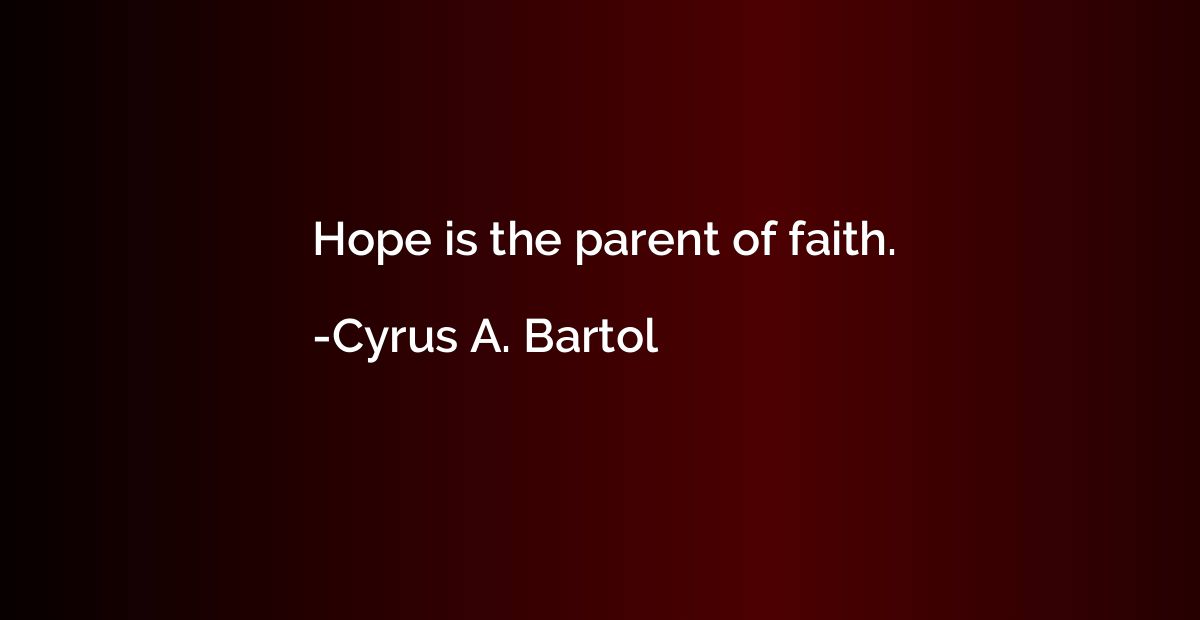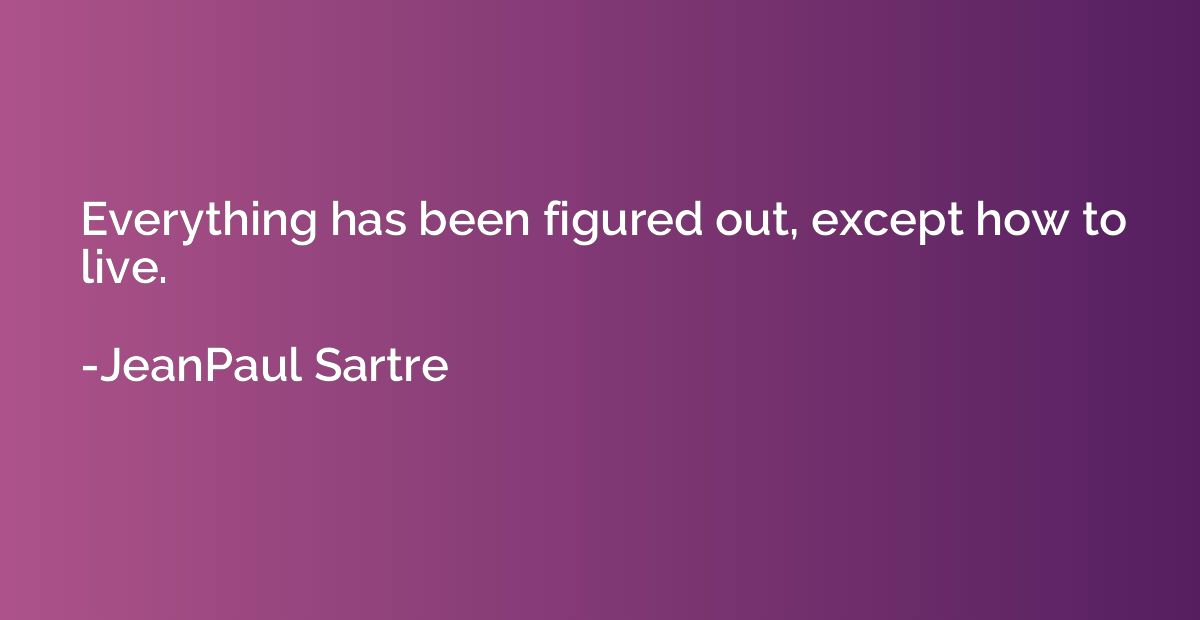Summary
This quote suggests that knowledge is not solely dependent on absolute truth, but it also encompasses the recognition and learning from errors and incorrect information. It implies that by acknowledging and correcting our mistakes, we can expand our understanding and contribute to the growth of knowledge. Wisdom is not achieved by merely accepting truths, but by exploring errors and comprehending their causes, implications, and consequences. By recognizing the role of error in the pursuit of knowledge, we can approach learning with a more open mind and become more adept at distinguishing truth from falsehood.
By Carl Jung
